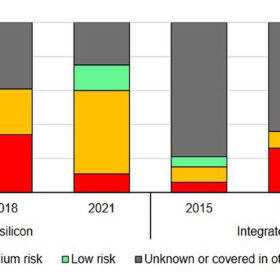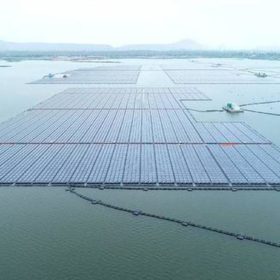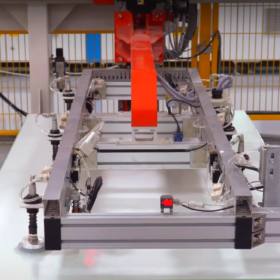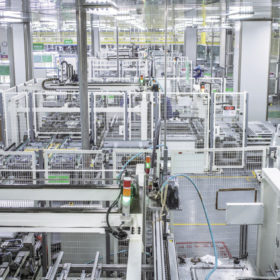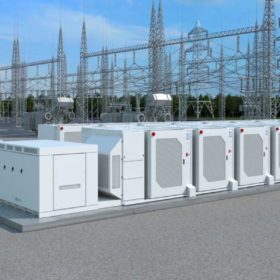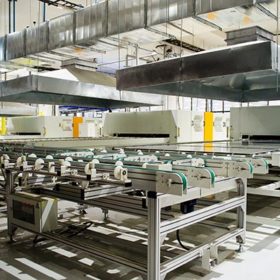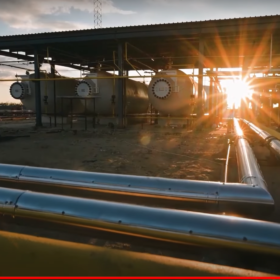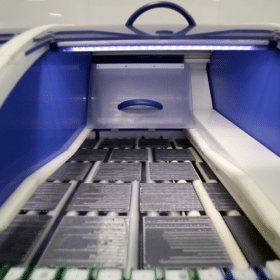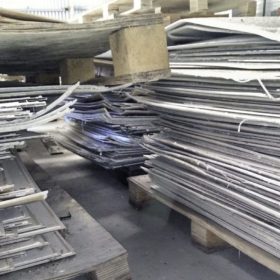One-third of global PV manufacturing capacity is at medium or high risk of bankruptcy, IEA says
A new report from the International Energy Agency stresses the importance of geographically diversifying the global PV supply chain. This would prevent supply chain vulnerability to bankruptcies and underinvestment.
Saatvik supplies modules for NTPC’s Ramagundam floating solar project
Saatvik has supplied 62 MW of solar modules to NTPC’s 100 MW (AC) Ramagundam floating solar project.
Bihar makes preferential procurement pitch to lithium battery, solar manufacturers
The state of Bihar has started accepting bids from lithium battery and solar module manufacturers to set up factories under its preferential procurement incentive scheme. To be eligible, the bidders must meet the minimum qualifying criteria and be willing to set up at least 25 MW of solar module production capacity and 50,000 of lithium battery output per year.
JinkoSolar hits 8 GW of solar module shipments to India
JinkoSolar claims that it has shipped 8 GW of solar modules to India, following record-breaking performance in recent quarters.
India’s first grid-scale storage tenders to spur investment, domestic manufacturing
If Solar Energy Corp. and NTPC can successfully execute tenders for standalone energy storage systems, it could drive investment, support domestic manufacturing, and facilitate the development of new business models, according to a newly released report.
Tata Power signs MoU to set up 4 GW solar cell, module plant in Tamil Nadu
The company has signed an MoU with the government of Tamil Nadu to invest INR 3,000 crore ($380 million) for setting up 4 GW of solar cell and module manufacturing facility in the state.
IH2A chalks out roadmap to accelerate hydrogen commercialization in India
The industry body proposes building at least 25 scalable green hydrogen projects with a cumulative electrolyzer capacity of 150 MW by 2025. The industry can then apply the expertise and experience gained from these first-generation projects to build gigawatt-scale projects in the 2025-30 period.
Websol to build 1.8 GW solar cell, module factory
Websol’s board members have approved a proposal to set up a new solar cell and module factory to produce high-efficiency mono-PERC and TopCon products.
Solar module price increases to affect returns on 4.4 GW of solar
Solar cell and module prices have increased by more than 40% over the last 18 months, driven by polysilicon prices. However, bid tariffs has remained lower than what is needed to mitigate the rise in module prices. The risk of lower returns is significant for 4.4 GW of projects that have been awarded over the past 18 months, with tariffs below INR 2.2 ($0.028)/kWh.
Recycling options for PV panels, batteries could drive circular economy, says NREL
Renewable hardware that lasts longer and uses fewer materials could bolster recycling efforts and help to build an effective circular economy for solar and battery technologies, says the US National Renewable Energy Laboratory (NREL).
